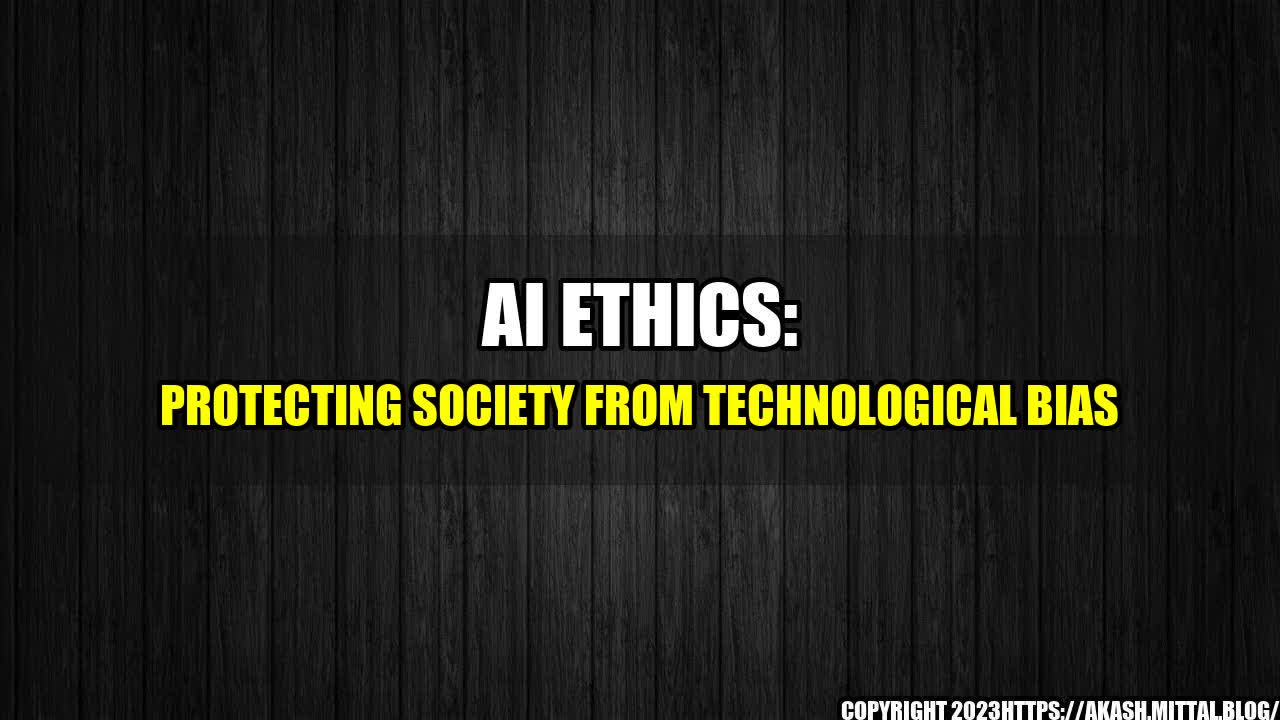The Start of the Hearing
Senator Richard Blumenthal, the chairman of the Senate Subcommittee on Consumer Protection, Product Safety, and Data Security, started the hearing by giving his opening remarks. He discussed the importance of creating ethical standards for artificial intelligence (AI) systems and preventing technological bias, which can have serious consequences for individuals and society as a whole. He also expressed his hope that the hearing will be a productive conversation that can lead to actionable solutions to address these issues.
Blumenthal went on to share a story about a woman named Joy Buolamwini, a graduate researcher at MIT who noticed that facial recognition technology had difficulty detecting her face. She discovered that the technology was biased and performed poorly on individuals with darker skin tones or female features. This bias can have significant consequences, such as incorrect identification of suspects in criminal investigations or denial of access to public services by a potential applicant.
This anecdote highlights a critical issue in the development of AI systems and the importance of ensuring that these systems are ethically designed and implemented to benefit everyone.
Technological Bias
Blumenthal's opening remarks set the stage for further discussion on technological bias and its various forms. For example, there have been several incidents where AI systems have been found to be discriminatory towards certain groups of people.
- Amazon's AI recruiting tool showed bias against women. The system was designed to review resumes and screen candidates, but it consistently rejected applications from women or used language that was more commonly associated with men.
- A study found that predictive policing algorithms were more likely to target people of color, leading to an unfair and unequal application of the law.
- The COMPAS system, which was designed to predict recidivism rates, showed bias against African American defendants, leading to more severe sentencing.
These examples demonstrate that technological bias can have a real impact on people's lives. AI systems are not inherently biased, but they can reflect and perpetuate existing biases in our society if they are not designed and implemented with ethical considerations in mind.
Solutions to Address Technological Bias
The hearing also discussed potential solutions to address technological bias and protect society from its negative effects. One proposed solution is to create ethical guidelines and standards for AI systems, similar to those used in medical research. These guidelines would ensure that AI systems are designed and implemented with the best interests of society in mind.
Another proposed solution is to increase transparency and accountability in AI systems. This could involve creating a database of AI systems and their respective biases or requiring AI developers to submit their systems for review by an independent body.
Education and training were also identified as important solutions. This would involve educating the public on AI systems and their potential biases, as well as training AI developers and researchers to be aware of ethical considerations in their work.

Curated by Team Akash.Mittal.Blog
Share on Twitter Share on LinkedIn